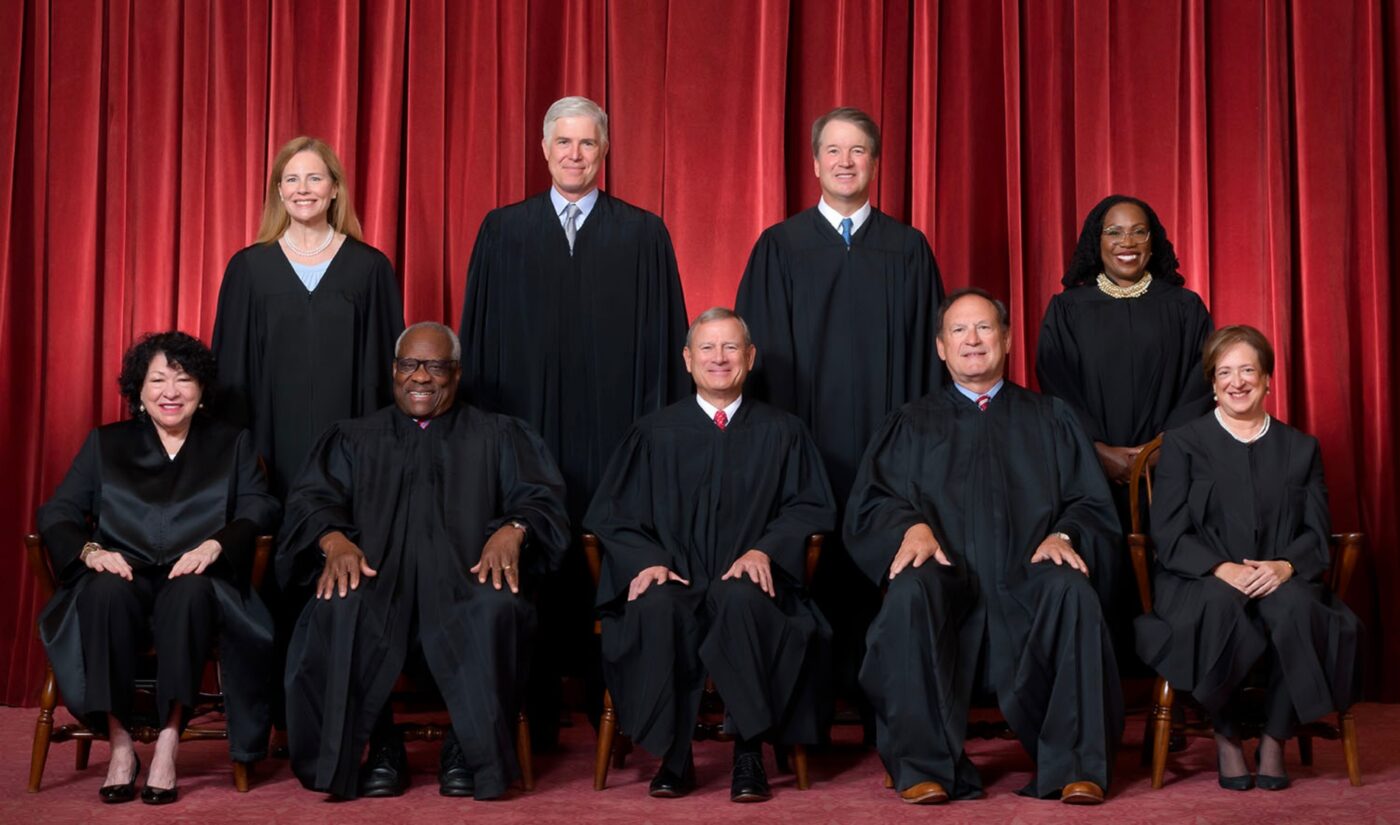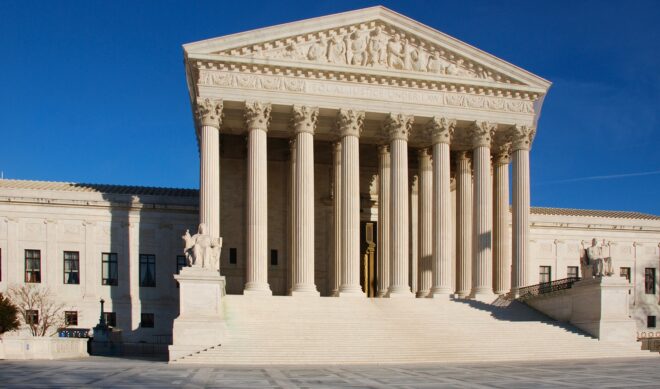For the second time in two years, Texas’ controversial HB 20 law is coming to the Supreme Court. This time, the highest court in the land is expected to deliver a decisive ruling on HB 20’s legality. In the process, it could establish a new precedent for laws that concern speech on social media.
The current Supreme Case centers on two different state laws, both of which attempt to restrict the moderation practices of platforms like YouTube and Facebook. Texas’ HB 20, which passed in 2021, looks to stop those platforms from taking any action that would “block, ban, remove, deplatform, demonetize, de-boost, restrict, deny equal access or visibility to, or otherwise discriminate against expression.” The other law comes from Florida and prevents platforms from banning users who are seeking political office in the state.
When Judge Andrew S. Oldham ruled in HB 20’s favor, he described the difference between the two laws: He said that Florida’s decree “prohibits all censorship of some speakers” while HB 20 “prohibits some censorship of all speakers.”

Subscribe for daily Tubefilter Top Stories
Oldham’s ruling is one of the most recent decisions in the roller coaster court battle that has concerned these two laws. A federal appeals court gave HB 20 a win in May 2022, but a month later, the Supreme Court heard the case on its “shadow docket.” In a 5-4 decision, the judiciary body voted to reinstate an injunction that prevented the law from going into effect. Oldham’s ruling occurred after a subsequent appeal.
The ongoing Supreme Court case will take these laws off the shadow docket, allowing for full arguments from both sides. In both cases — Moody v. NetChoice, No. 22-277, and NetChoice v. Paxton — the Biden administration has sided with social media companies, according to the New York Times.
It is not a given that the Supreme Court will reissue the 5-4 decision it handed down on the shadow docket. The five-justice majority included three of the court’s liberal voices and two conservatives. Justice Kagan was not part of the majority, nor did she endorse the dissenting opinion put forth by Justices Alito, Gorsuch, and Thomas. It seemed as if Kagan’s vote had more to do with the shadow docket rather than the case itself.
If Justice Kagan joins her fellow Democratic appointees in the coming vote, and if Republican-appointed justices Barrett and Roberts maintain their previous stances, the opponents of the Florida and Texas laws will celebrate a 6-3 victory. In previous cases related to social media speech, the Supreme Court has tended to defend platforms and uphold the protections they receive from Section 230 of the Communications Decency Act of 1996.
The Court’s conservative bloc could be swayed by the idea that social platforms should be reclassified as “common carriers,” which would require them to deliver the messages posted by all users. That was the argument Justice Alito raised as part of his shadow docket dissent. “It is not at all obvious how our existing precedents, which predate the age of the internet, should apply to large social media companies,” Alito wrote at the time.
The first arguments in the two Supreme Court cases were presented on February 26. A ruling is expected to be delivered by June.













